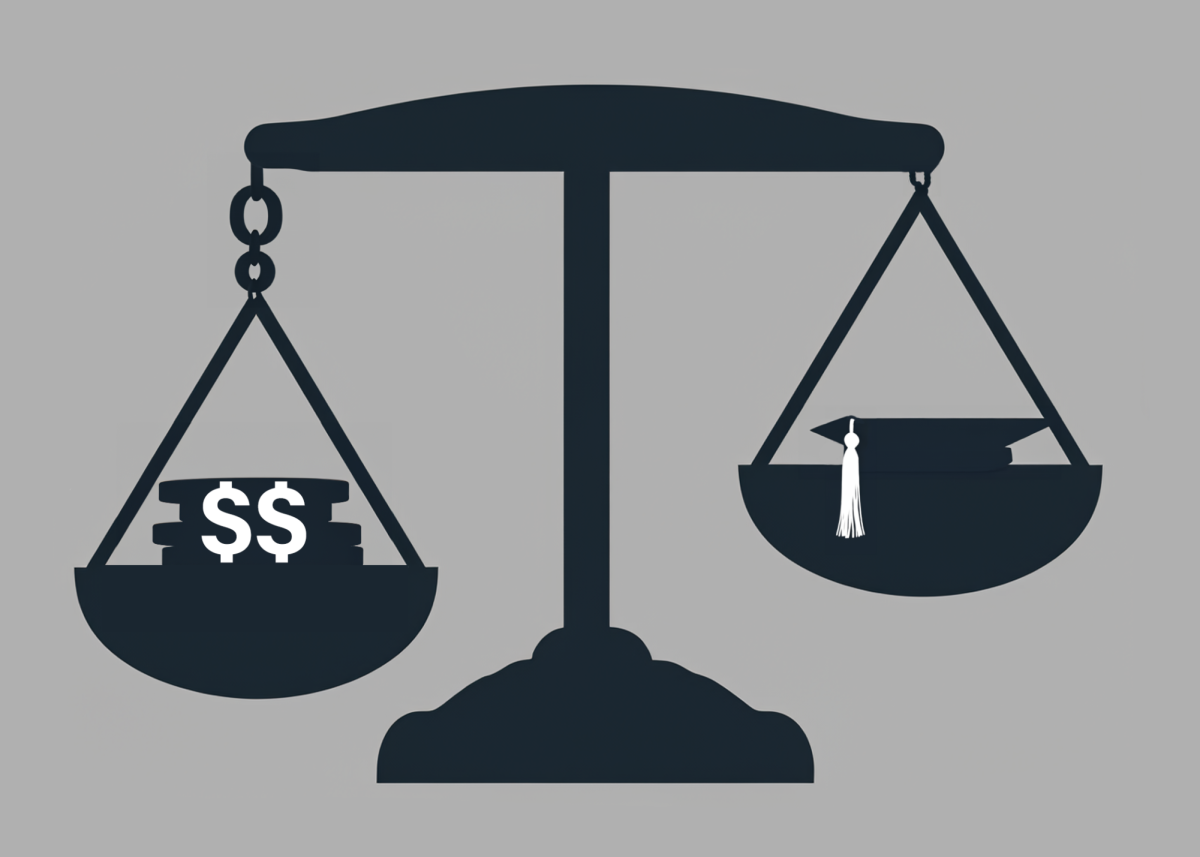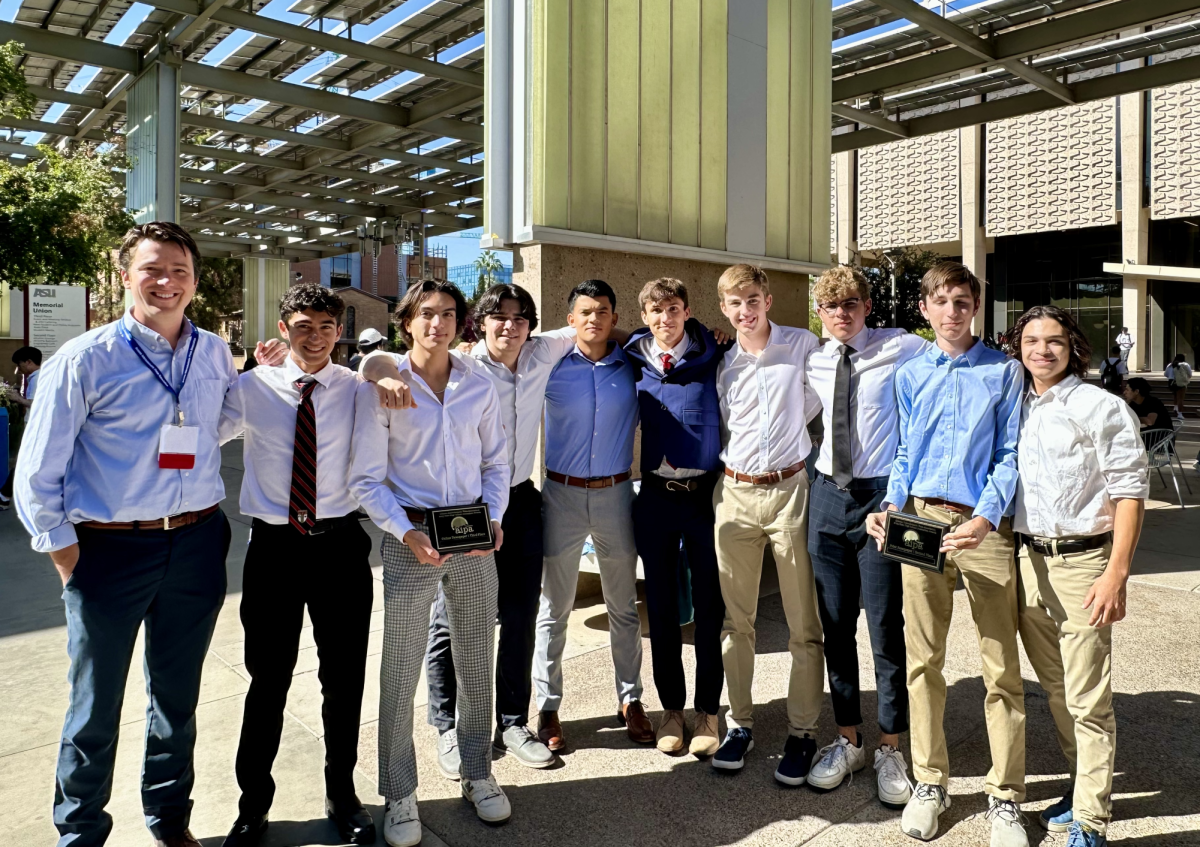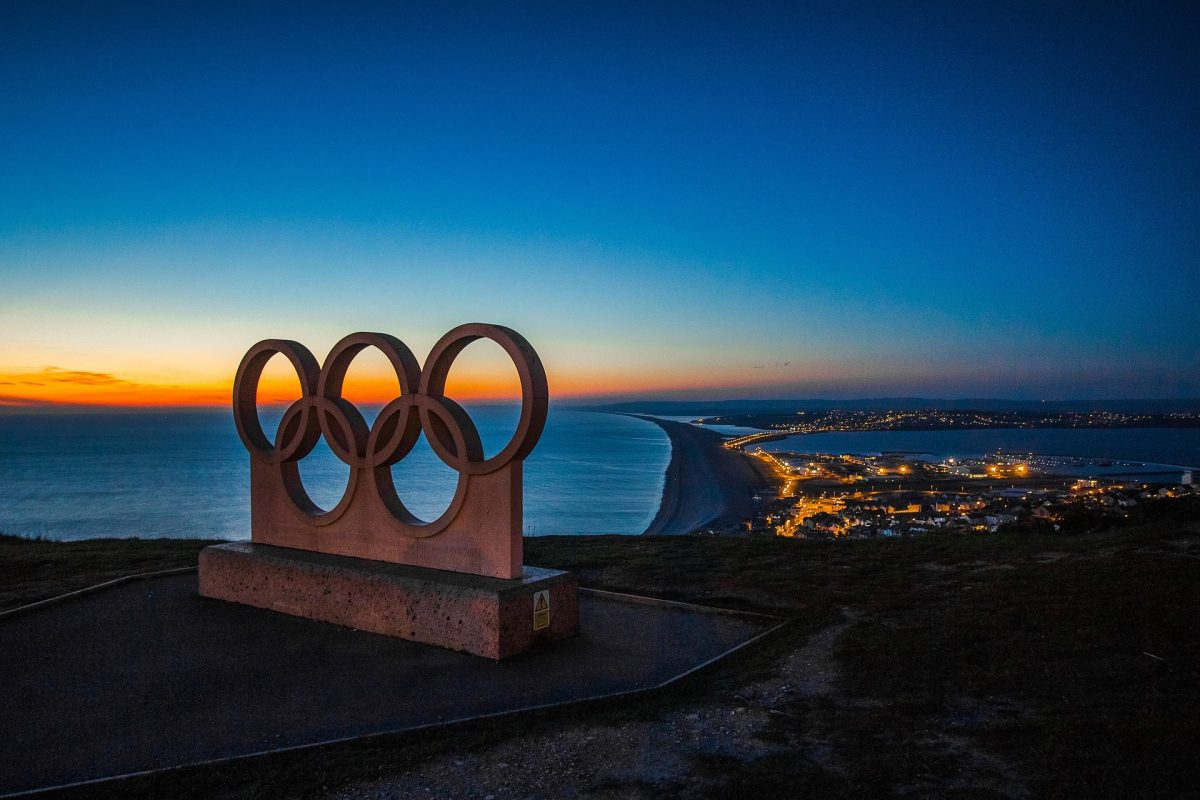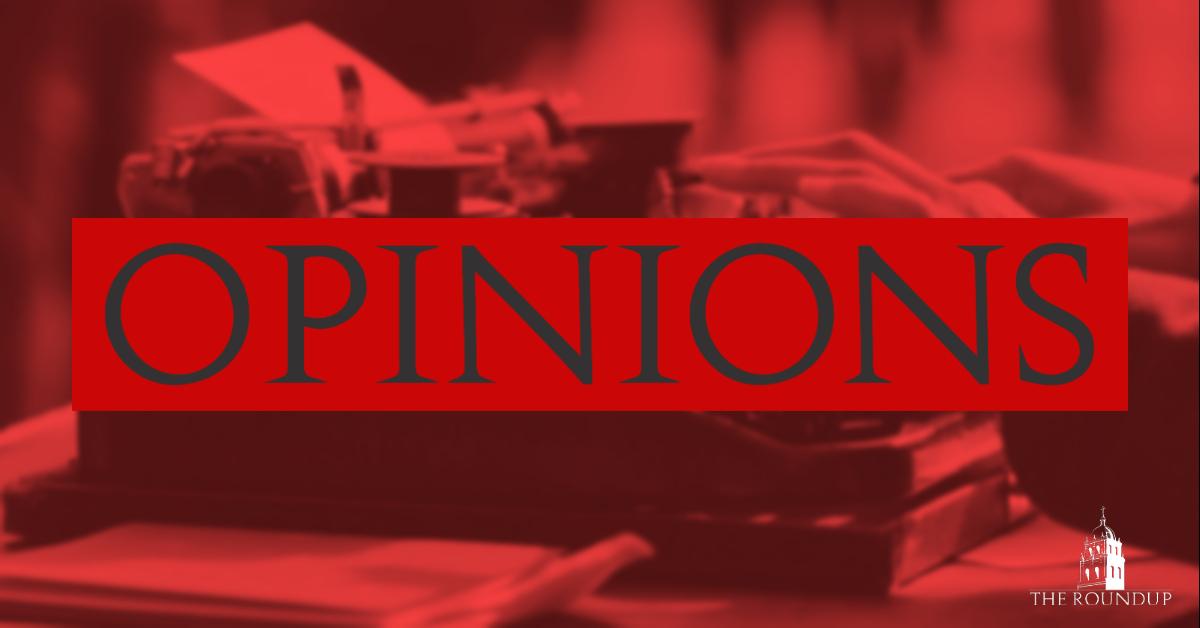By Michael Heraty ’10
The Roundup
Central America was thrown into chaos this summer when the Honduran head of state Manuel Zelaya Rosales was forced out of power by his own armed forces.
Controversy in the nation stemmed from the former president’s plan to overhaul the Honduran constitution. In early 2009 Zelaya announced plans for “La Cuarta Urna,” a vote to gauge the nation’s opinion on redoing the governing document and allowing for Mr. Zelaya’s eternal reelection.
On the morning of June 28, the day the disputed referendum was to take place, the Honduran military removed Zelaya from his residence in Tegucigalpa and sent him to Costa Rica via plane.
Constitutionally designated successor Roberto Micheletti Baín was named president of the republic hours later.
Though they hardly made headlines, the events in Honduras were quickly characterized as a coup d’état while presidents of surrounding countries and the U.N. General Assembly denounced the Micheletti government and demanded Zelaya’s immediate reinstatement. President Barack Obama slammed Honduras’ interim government for reverting the region to the Cold War era.
Despite this, a more balanced examination of what happened in Honduras suggests that Zelaya and the United States are not as innocent as they are trying to appear.
Contrary to widespread perceptions, Zelaya was not simply forced from power unexpectedly and without explanation.
Within weeks of announcing his intentions, the Honduran Supreme Court of Justice categorically declared La Cuarta Urna illegal, and the National Congress passed a law prohibiting any form of national vote within six months of a presidential election, reported BBC News on June 26, 2009.
Zelaya’s insistence on following through with the referendum regardless of its illegality had been polarizing the nation and infuriating governmental elements for months, according to a Wall Street Journal article on June 26.
Honduras’ high court was responsible for ordering the military to remove Zelaya through a directive that also officially charged him with 18 crimes, explained deputy federal prosecutor Roy Urtecho to La Prensa on July 2.
Among the crimes listed on the document are refusal to implement more than 80 laws passed by Congress and use of state funds to promote La Cuarta Urna.
Those who decry the ouster of “democratically elected President Zelaya” have little to say about the fact that all 128 democratically elected members of the Honduran National Congress (in which Zelaya’s own Liberal Party is the largest voting bloc) voted in favor of his formal removal and replacement.
The U.S.’s stern condemnation of what was essentially a legally permissible political succession indicates that the situation put the integrity of the American government in jeopardy.
The sad truth of the matter is that America played a critical role as an enabler of the unrest in the region.
As the Huffington Post reported the day after Zelaya’s removal, the U.S. has provided more than $40 million worth of aid and supplies to the Honduran military over the past decade. Nearly every vessel of Honduras’ air force and navy are of American origin.
Furthermore, in the days following Zelaya’s exile, SOA Watch revealed that numerous top-ranking Honduran military officials had been trained at WHINSEC. Included is head of the Honduran armed forces General Romeo Vásquez, who orchestrated the logistics of the operation against the former president.
Even as recently as Jan. 29, 2009, Admiral James Stavridis of U.S. Southern Command visited Tegucigalpa, where he applauded the “excellent state of cooperation between our two militaries” in meeting with Zelaya and Vásquez, according to an article published by the U.S. Department of Defense the following morning.
These facts indicate that neither the United States nor Zelaya can legitimately complain about what took place in Honduras.
After Zelaya continually snubbed the authority of the Honduran National Congress and the Supreme Court of Justice, the American-trained military was used as a desperate means of redress.
America’s arrogant reaction shows a lack of respect for the Honduran political process and an unwillingness to acknowledge the drawbacks of foreign interventionism.
The United States should not dabble in half-baked nation building programs if it is unable to accept the unintended consequences.























